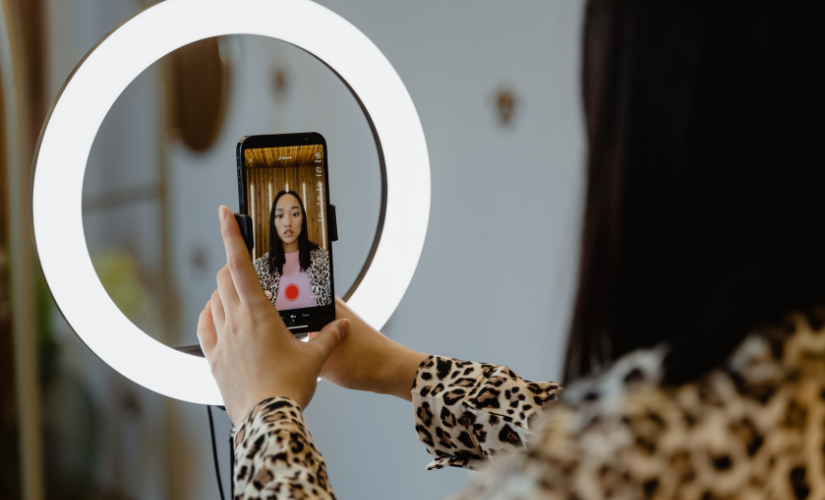Ariana Grande performing virtual concerts in Fortnite’s Metaverse, to this year’s Metaverse Fashion week, which saw 60+ global brands, artists and designers coming together to showcase their collections, digital spaces and virtual activations – it seems everyone is getting in on the Metaverse action. Just this week however, doubt has been cast on the future of Metaverse and, while Mark Zuckerberg is still pushing his agenda and pressing ahead with his annual Meta Connect VR event, could it be that the future of Metaverse is waning?
Uniting a combination of Virtual Reality (VR), Artificial Intelligence (AI) and Augmented Reality (AR), the Metaverse is sometimes described as the internet but in 3D – a digital space where the real world and the virtual world merge. With the likes of ChatGPT dominating the headlines, and AI already becoming part of our everyday, it’s no surprise that it was set to play a vital role in the future development of the Metaverse. AI will be fundamental to creating realistic and accurate virtual worlds and avatars, enhancing user experience and interaction.
The way we consume content is constantly changing and the Metaverse could offer consumers and businesses new and exciting ways to interact, shop, socialise and work. In terms of revenue and monetisation, it was previously predicted that the Metaverse could be an $8 trillion opportunity (Goldman Sachs). And according to reports, there are already more than 400 million active monthly metaverse users (Metaversed). However, with progress slowing, it’s now been reported that Meta’s virtual and augmented reality branch, Reality Labs, has lost a whopping $21 billion since last year. Granted, much of this is from long-term investment and development, but can the concept – which still seems such a long way off – recoup such losses?
Could we still, one day, be living life more in the virtual world than in reality? And what’s next for businesses embarking on their Metaverse journey?
For businesses and brands, the race is still on explore this virtual world through collaborations and developing their own spaces. Robbie Williams is the latest big name to jump aboard the metaverse train, this month announcing that he’ll be teaming up with virtual world, LightCycle, to perform his 25th anniversary show, in a bid to reach as many global fans as possible.
With ‘power’ brands like the big fashion houses already making their mark – and huge amounts of investment being poured into the Metaverse’s development, it’s surely only a matter of time that virtual accessibility will filter down to the smaller brands too.
Today, no marketing strategy is complete without social media. Will the same be said for the Metaverse in the years to come? In a US Metaverse Survey, 82% of executives expected Metaverse plans to become a part of their business activities within three years (PwC). And with the launch of Meta Horizon Workrooms already making things like virtual meetings a reality, additional Metaverse-esque elements could become commonplace sooner than we think.
It’s worth noting that no-one really knows what the “ultimate” Metaverse will look like. After all, as technology advances, the possibilities are seemingly endless. Just think back to when you first dialled up the internet, to how your web surfing journey is now. One thing is for certain, despite the doubters, change is undoubtedly on the horizon and, wherever the Metaverse does end up, there are bound to be some exciting (and lucrative) business opportunities to come…
.png)


.png)
.png)
